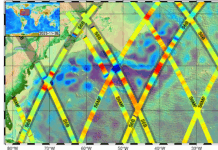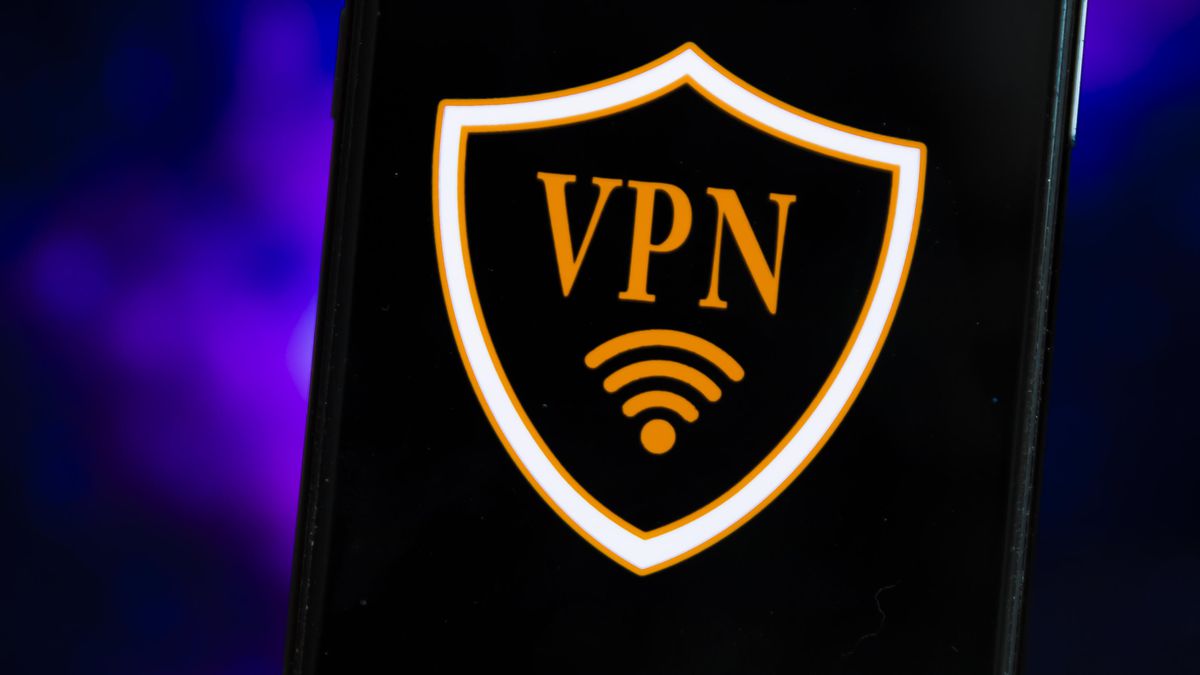A VPN provides numerous security and privacy benefits, but there is one thing that most people still don’t know is that VPN can make your internet faster as well. So how can a VPN make your internet faster?
Before moving any further, let us get to know some basic rules: a VPN will, in most cases, slow down your internet connection. When you combine a healthy and efficient internet connection with encryption and a proxy server, your speed will inevitably suffer. But While utilizing a VPN, several users have witnessed faster internet speeds. Those people are not in the majority, but their stories show how the internet works and how VPNs can actually help you improve your online life.
Read to know: Benefits Of Using VPN
VPNs and limiting of bandwidth
ISPs worldwide used bandwidth throttling and shaping even before net neutrality was repealed. ISPs ensure that all users have a great experience by selectively restricting or limiting specific types of traffic.
These days some ISPs have been trying to make a profit from the practice by introducing fast lanes. ISPs perform throttling and shaping by analyzing your traffic and slowing it down based on various situations. This might involve video streaming slowing down, massive file downloads being restricted, peer-to-peer file transfers slowed, or websites that haven’t paid into the ISP’s throttling scheme.
Also Read: 6 Best VPNs For A Dedicated IP Or Static IP
How do NordVPN works?
When NordVPN encrypts your traffic, it hides it from your ISP, so they can’t see what you’re doing. They won’t be able to throttle or shape your traffic because they can’t see what you’re doing. When users use these activities regularly, they will notice an increase in internet speeds when utilizing a VPN. This is probably the most common route in which VPNs can increase internet speed. Following the elimination of net neutrality, which has encouraged ISPs to employ new measures to increase profits, the problem will worsen in the United States. However, a VPN can also increase internet speeds in other ways as well.
Get NordVPN to help fight unfair bandwidth throttling
Inefficient ISP routing-
Your ISP may not continuously send your traffic down the most efficient route available. There are various causes for this, unfortunately in all cases, it can lead to slower internet speeds in many situations.
Here, an effective VPN can be used to break the chain of inefficient connections. If we talk about NordVPN, it hides the source and destination of your traffic, so your ISP may send it along an alternative way. If this is the situation, then a VPN might boost your internet speed whenever you connect.
Will a VPN be able to eliminate buffering?
A good VPN can help you eliminate that disturbing spinning circle if the problem is bandwidth throttling or inefficient ISP routing. Here are a few important factors we should consider when choosing a fast VPN:
- Speed- Although it seems that this will go away without saying, there are a few factors to consider. We should know what encryption protocols do a VPN use? Always read the customer reviews to see if they are satisfied with the performance. If we talk about NordVPN, its new NordLynx protocol is the critical factor behind its amazing response from its users. Their customers have made them the fastest VPN among different VPN service providers.
- Server network- The number and location of available servers can definitely affect the speed of your connection. The VPN with the most servers will be less likely to be overcrowded and slow. It’s also important to consider the location: the closer you are to a VPN server, the less data has to travel from your device. Of course, a larger server network increases your chances of being close to the server you’re connecting to.
Must Read: NordVPN Review: 8 Pros And 3 Cons Of Using NordVPN
What is a good internet connection speed?
The activities you use the internet for define your optimal internet speed. While 27-30 Mbps is usually considered pretty fair for a home user, actually, this answer doesn’t fit all. We have to consider many factors like how many internet-connected devices are there in your home. How many members of the family will be online at the same time? Though sending an email does not count much bandwidth, certain activities like gaming have higher speed requirements.
What are the security features enabled on your VPN?
NordVPN has a range of different powerful security features to increase protection for those users who need it. These generally include obfuscated connections that hide VPN use, double VPN encryption to make it extra challenging to trace or decrypt your connections, and Onion Over VPN to provide an unprecedented level of privacy. However, every feature comes with a price – either they cost additional bandwidth or processing power to run, which means users are bound to experience slower internet speeds.
Are you using a free VPN?
VPN service providers are offering both free and premium VPNs to their users. But there are so many reasons not to use a free VPN, and one of the common reasons is lower connection speeds. Free VPNs have no doubt less money to invest in infrastructure, so their servers are most of the time overcrowded. They also don’t have many resources to optimize their software and offer a wide range of countries to connect. All of this results in a poor connection speed for VPN users.
NordVPN offers over 5200 servers in 58 countries for an affordable low price.




































